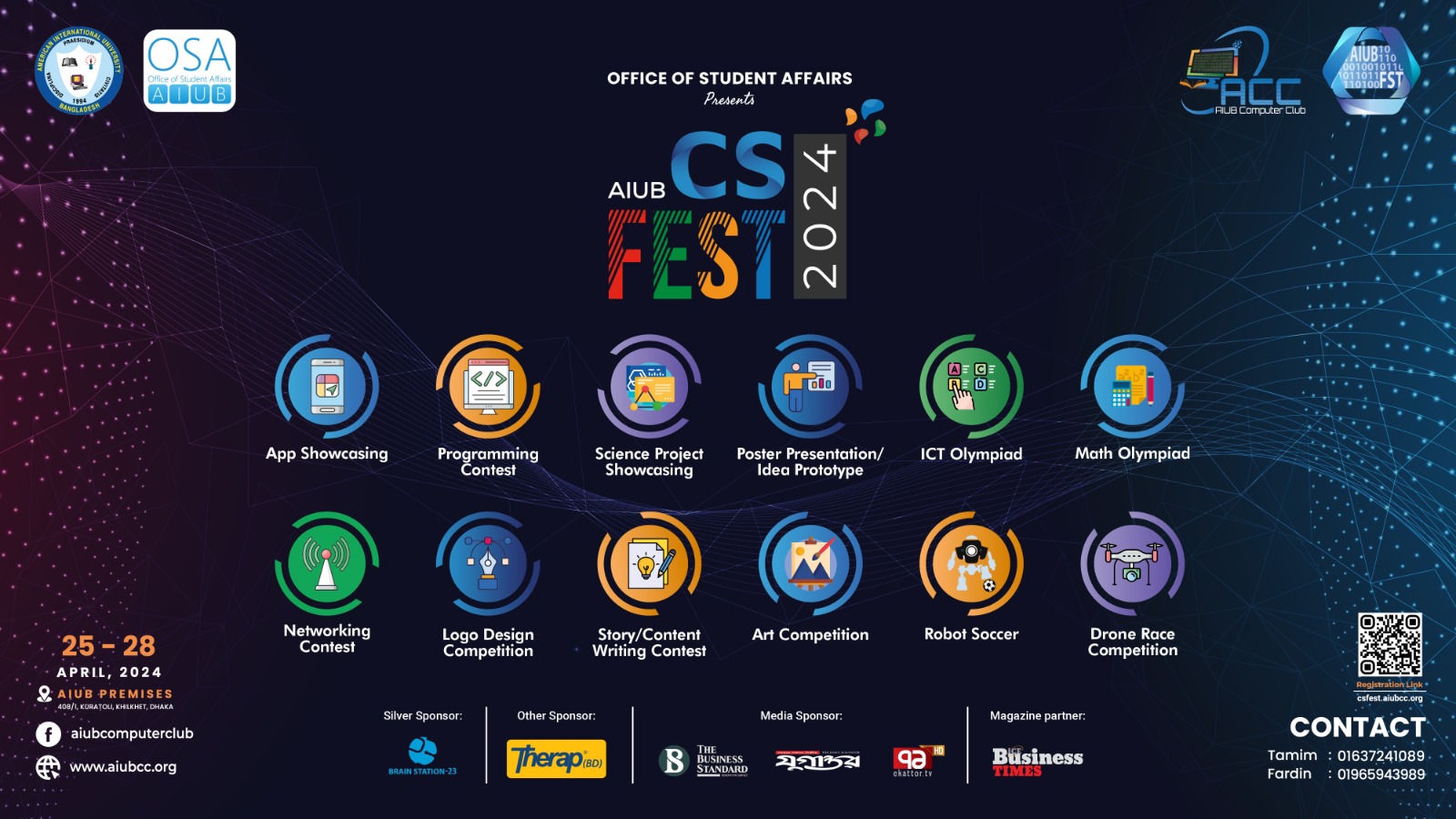Faheem Mosharraf is the CEO and Founder of RISE, a concern of Standard Retail Limited. Established in 2017, RISE is dedicated to making streetwear more acceptable and mainstream in the Bangladeshi market. Their innovative concepts and designs have broadened the horizons of the fashion industry and diversified Bangladesh’s RMG sector.

CEO, RISE
What was the inspiration behind opening a streetwear brand in Bangladesh?
I’ve liked streetwear since my high school days, and I’ve always been very passionate about fashion. I used to make my own clothes, not as a designer, but from a desire to create my own style. Years later, I came to Bangladesh, and I wanted to bring some proper streetwear to the market here. That is when I started my brand, ‘RISE’.
I chose the name ‘RISE’ because to me, it is a very powerful word. There was a point in my life when I was going through a tough period, and the only way to get out of it was to rise to the occasion. I wanted my brand to represent something powerful. RISE represents someone elevating themselves. We are here to do that through fashion. RISE is a way for people to rise through their clothing.
Could you elaborate on what streetwear is and who is the target audience of RISE?
In my opinion, fashion comes from music. I believe Streetwear has come to the scene through the growth of hip-hop culture where baggy pants, big tees, over sized jackets and sneakers were the trend. From there it has evolved. Just like different genres of music are mixed together, streetwear also became a mix of many cultures; skateboard, punk, goth. Now, streetwear can mean anything which makes it a very powerful form of expression. One does not have to be a specific type of person to wear streetwear, because their streetwear will be different from someone else’s. So the target audience of RISE is anyone and everyone who wants to represent themselves through streetwear.
What have been some of the challenges of starting a streetwear brand in Bangladesh?
The fashion industry in Bangladesh has grown a lot and there are a lot of creative designers who are doing wonderful work. However, streetwear has been unexplored in Bangladesh. So, when we brought in streetwear, which is something new and something different for the Bangladeshi market, not everyone was accepting. But I think, over time, people will begin to accept new types of fashion.
How long do you think it might take RISE to make streetwear more mainstream?
It’s difficult to say, but we aim to bring that change in gradually. Maybe over the next 5 to 10 years, we will be able to make it more acceptable to the public. Social media plays a big part in sharing information about current trends, and that can help overcome this challenge.
What are your thoughts about the current state of the fashion industry in Bangladesh?
I think Bangladesh is making great progress in the fashion industry. There are a lot of up-and-comers who are doing fantastic work for the Bangladeshi fashion industry. There are some small fashion boutiques with large potentials who are working very hard to get their names out. From retail fashion, we have seen some brands go global. I think through our collective efforts we have the potential to make it even further.
What are the plans for the future for RISE?
We will continue to do what we have been doing for the past few years which is to keep introducing collections that you cannot find anywhere else. So far, we have gotten positive market reception, and our streetwear fashion is being widely adopted and accepted. For example, we introduced baseball jerseys to the Bangladeshi market, which has never been done before. The jersey has ‘Bangla’ written on one side and ‘Desh’ on the other. We also did American football jerseys this year, and people have praised us for our designs. We hope to keep introducing these new and innovative ideas through streetwear, and gradually make streetwear more mainstream.















